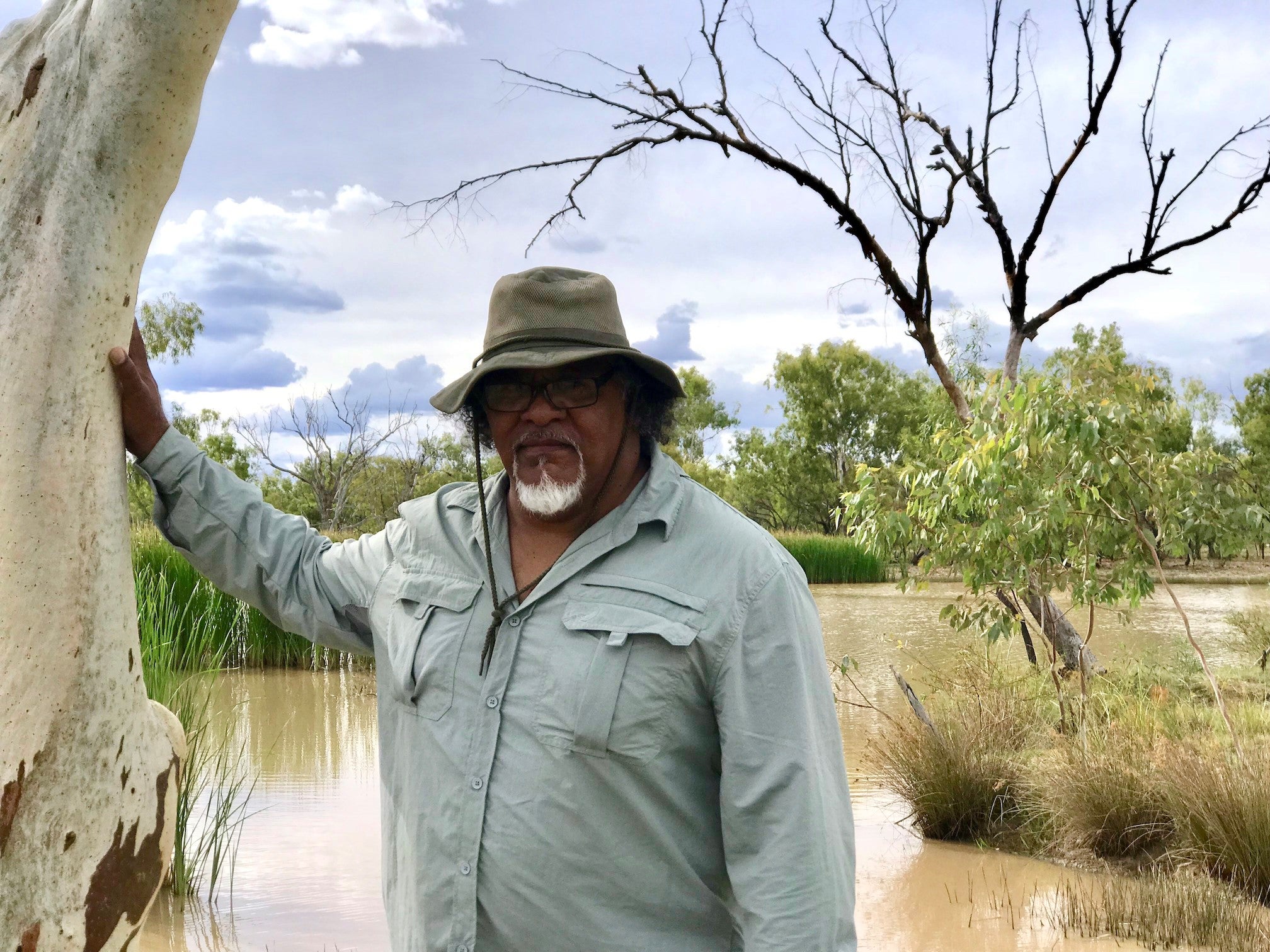Together, We Can Rise to the Challenge of Climate Change — Even If the Trump Administration Won’t
In the absence of common sense in Washington, communities, cities and states are stepping up to take the lead.

This page was published 7 years ago. Find the latest on Earthjustice’s work.
Twelve years.
That’s how much time we have to limit the worst impacts of catastrophic climate change, according to the world’s top climate scientists at the Intergovernmental Panel on Climate Change (IPPC).
As world leaders meet this week at the U.N. climate summit, the stakes have never been higher. 2018 has seen devastating wildfires in California, unprecedented hurricanes in the southeast U.S. and Asia, record droughts in Cape Town, and fires in the Arctic. Climate change is happening here and now. To protect ourselves and the planet, we need bold action to move us toward 100 percent clean energy – and fast.
Rather than promoting U.S. clean energy leadership and innovation on the world stage, President Trump is taking desperate measures to deny reality and defend his fossil fuel cronies. His administration held a sideshow at the summit to promote fossil fuels and joined climate outlaws Saudi Arabia, Kuwait, and Russia to reject the IPCC report. While California was still burning, the administration went all out trying to bury a dire warning from their own experts on the risks climate change poses to our health, economy, and national security. Meanwhile, they are trying to prop up their friends in the fossil industry by bailing out uneconomic coal plants, expanding oil and gas drilling, and dismantling environmental protections.
The good news is that in the absence of common sense in Washington, communities, cities and states are stepping up to take the lead.
Earthjustice is working with partners around the world to stop dirty energy projects that threaten their health and fuel climate change. In Africa and Asia, we’re assisting groups that are challenging coal-fired power plants with legal arguments and technical analysis to help them succeed. In Australia, we’re helping indigenous peoples take their fight against a giant coal mine to the United Nations. And in Latin America, we’re partnering with groups that are challenging new fracking projects.
We’re also working with a global alliance of cities that are taking bold steps to ramp up renewable energy to reduce climate pollution. These cities are standing by their commitments under the Paris Agreement, and Earthjustice is providing legal analysis to support policy and regulatory reforms to accelerate their transition to clean energy.
Earthjustice is also working to clear the way for clean energy in places like California, which made history this year as the largest economy in the world to commit to 100 percent clean energy. We’re using the power of the law to remove barriers to clean energy and level the playing field so the state can meet its ambitious targets. At the same time, we’re working to tackle carbon pollution from our transportation sector and bring electric vehicles to our cities.
Together, we can rise to the challenge of climate change — even if the Trump administration keeps its head buried in the sand. By saying no to dirty fossil fuels and removing barriers to clean energy, our partners are setting an example for the world to follow.
The International Program partners with organizations and communities around the world to establish, strengthen, and enforce national and international legal protections for the environment and public health.